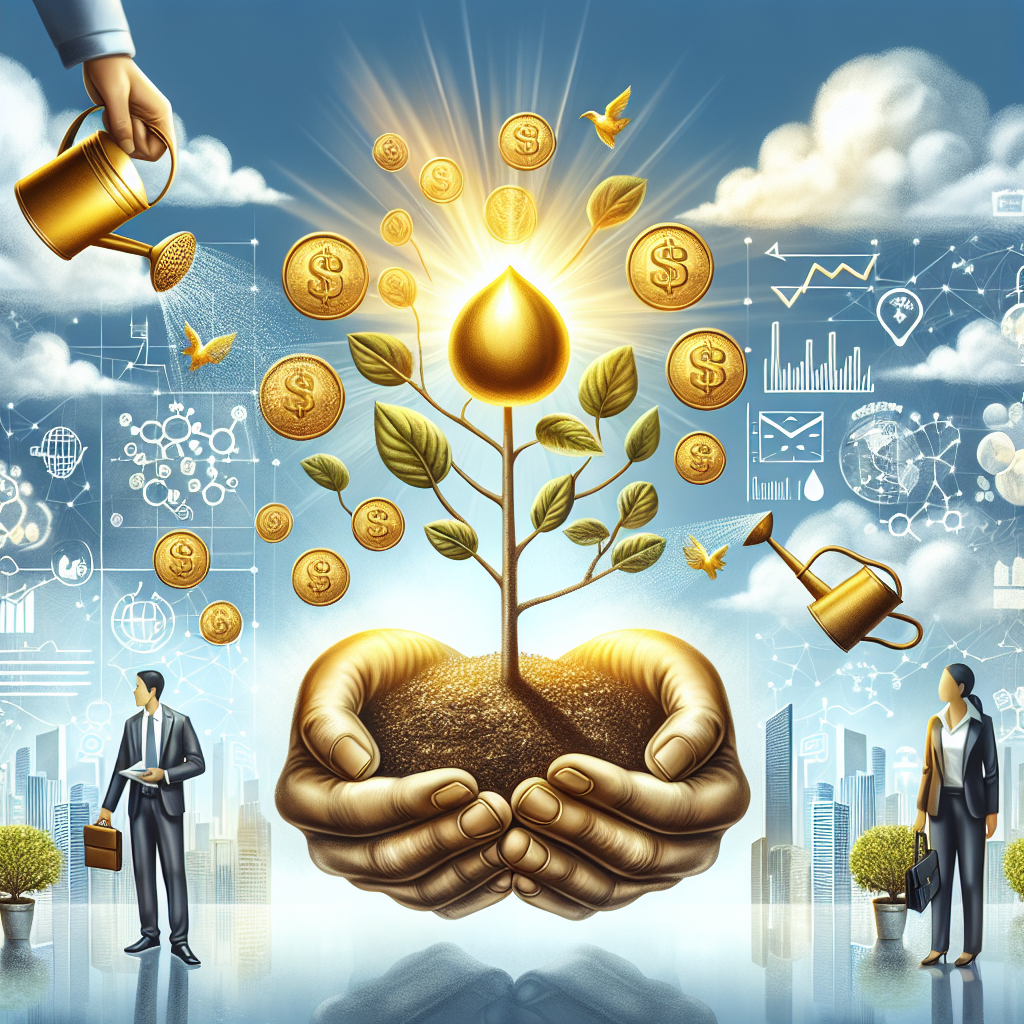Sarah Williams wasn't looking for a career change. She didn't dream of quitting her job in the higher education sector to launch a short-stay accommodation business in Tasmania's pristine Wilderness World Heritage Area — though if you don't know her full story, it might sound like a dream. When she resigned from her job as an intranet designer at Melbourne University in 2017, Williams was at breaking point.
Since being diagnosed with myalgic encephalomyelitis/chronic fatigue syndrome (ME/CFS) in 2009, when she was 33, she'd struggled to keep her head above water at work, fighting debilitating fatigue, cognitive dysfunction, frequent viral infections and, in a previous role at a different university, a graceless manager who refused her request to work some days from home because it would be "unfair" to her team. But when she crashed that year, her health and life in freefall, she was too exhausted to feel sad. "I felt so utterly sick and depleted that I knew I needed time off to rest completely," says Williams, now 49.

The only way she could afford to do that, though, was by moving back to a property she owned in Meander, an hour's drive south-west of Launceston in Tasmania, where she grew up. A handsome cedar shingled guesthouse her grandfather had built next door would one day become the bones of her new career — her meal ticket. But for a long while Williams pushed thoughts of work, of getting out of bed, to the back of her mind.
"My 69-year-old mother who lived in Adelaide flew down to be my unpaid carer for what we thought might be three to six months," she says. "It turned into eight years." Sarah Williams's grandfather in 1986 built the guesthouse that would become Cedar Cottage Meander decades later.
Chronic illness can derail careers When it comes to career changes, our cultural conversations often follow the unicorns among us — high-profile movers and shakers who take impressive leaps of faith at brave new endeavours: the formula one engineer who , the Hollywood actress who . But what about the people who change their career not to scratch some creative or philanthropic itch or make a truckload of money, but out of necessity — because illness or injury derailed or destroyed their ability to work? The most recent by the Australian Bureau of Statistics shows 2.1 million people left or lost a job in the year to February 2024, with about a quarter saying they did so to get a better job, or because they just wanted a change.
But nearly 6 per cent lost a job because of their own ill-health or injury, up from about 4 per cent in 2021 — more than the 4.6 per cent who retired, or the 1 per cent who left a job to start their own business. An aerial photo of Sarah Williams's property in Meander, Tasmania.
As Williams knows well, — which can be triggered by viral infection, trauma or chemical or mould exposure (Williams developed it after getting glandular fever, an infection caused by the Epstein Barr virus) — can seriously limit patients' ability to work. A 2019 survey of more than found 89 per cent had stopped working or significantly reduced their hours of paid work, with just half reporting they were engaged in some form of employment, education or training. The survey, by advocacy organisation Emerge Australia, found more than two-thirds of patients were living below the poverty line, with the majority spending substantial amounts of money on medical appointments, medication and supplements.
Similar patterns are now playing out among people with long COVID, another infection associated chronic illness whose signs and symptoms overlap with ME/CFS. Australian long COVID resulted in an average of 100 million lost labour hours in 2022, costing the economy $9.6 billion, or one-quarter of Australia's real GDP growth that year.
Turning a corner For years after Williams moved back to Tasmania, her health continued to decline. Mostly confined to her bed, she had trouble thinking clearly and reading, became painfully sensitive to light and noise and was almost entirely dependent on her mother. But by 2020 she'd turned a corner — likely the result, she says, of lower stress and proper rest, taking antivirals, treating her thyroid disease, and getting on hormonal contraceptives, which stopped her periods and the symptom flares they sparked.
She also credits the awe-striking natural environment around her: the Meander Valley's lush rainforests, woodlands and moorlands, hundreds of wild caves, stunning gorges, serene lakes and gushing waterfalls. "I like that it's a mix of rural and bush and the wildness is lovely," Williams says. "Seeing native birds and animals" — pademelons, possums, eagles, robins, wrens, lizards and frogs — "just the fact you can see life going along, doing its thing, is sublimely beautiful.
" Sarah Williams loves watching the native animals and birds that visit her property. And then it hit her: If she loved where she lived, other people would, too. But would they pay to stay — could she earn a living in the process? The guesthouse Williams's grandfather had constructed in 1986 from local Myrtle heartwood and Huon pine was "quirky" and "gorgeous", she says, but needed renovating.
She used her savings to modernise it, building a deck and installing a cedar hot tub with sweeping views across the valley and mountains. On top of developing a "sustainable" business model and marketing strategy, researching her competition and deciding which booking technology to use, Williams also had to work out how she'd run her short-stay accommodation business with an energy limiting illness. She was better, but not well, so help — with gardening, maintenance, linens, laundry — would need to be outsourced.
The stunning view across the valley from Williams's guesthouse. When she launched Cedar Cottage Meander in January 2021 — just as the COVID pandemic was picking up steam — travel, for many Australians, was on the backburner. It was a calculated risk.
"I was looking forward to the first guests, feeling a little bit overwhelmed, but excited as well," Williams says. "And I didn't really have any expectations for it — I just wanted to see where it would go." 'Disability can affect anyone' That's not to say any of it was easy.
Williams is acutely aware of how fortunate she is to be able to work at all, that she had property — and the loving support of her family — to fall back on. And her decision to start her own business in the first place was perversely influenced by her aversion to applying for disability support. She'd heard , it was for people with ME/CFS to access such programs and, given the lack of awareness and education among doctors, had little faith it would be a straightforward process.
Case in point: just 3 per cent of ME/CFS patients surveyed by Emerge Australia in 2019 said they were able to access the National Disability Insurance Scheme (NDIS) — a troubling figure, the non-profit said, given how physically and cognitively disabling ME/CFS can be. Sarah Williams forged a new career in Tasmania's Meander Valley after ME/CFS forced her out of work. "The idea of navigating either the Disability Support Pension or later the NDIS felt overwhelmingly daunting," Williams says.
"I wanted to have control over my livelihood and I knew the stress of applying for either would be counterproductive to my health. I didn't trust that the service model would provide the support I needed without taxing my energy reserves to the point of another relapse." Today, an average work week involves managing bookings and communicating with guests, scheduling maintenance visits, planning content for her website and social media, "endless" laundry and cleaning and making sure her mum — who still lives with her — has everything she needs to look after the cottage's organic vegetable garden.
Thrillingly, though, Williams says her business allows her to fully support herself financially, including paying for disability support workers when she needs them: "I kind of have to pinch myself because it's done really well ...
I'm proud of the fact it's been successful commercially." Sarah's mother Carol Williams, who tends to an organic veggie garden on the property called "Veg Mahal". And while sometimes she misses aspects of her old career — she spent 14 years in the higher education sector, relishing the creativity and teamwork of her IT roles — she has grown to appreciate the lessons her chronic illness has foisted on her, the way it has reshaped her outlook on work into something gentler, more accepting of her limitations.
Her eyes are also now open to the fragility of life, and the unnerving possibility that we all may be just an infection or accident away from losing our ability to get up tomorrow, to go to work, to live fully. "I've learned that injury, illness and disability can affect anyone at any age, and there is no moral component," Williams says. "I've learned that productivity doesn't equate to self-worth.
That a lot of 'busyness' is a waste of time, and that doing nothing is valuable, too ...
I've learned that sometimes we can create the type of employment we want to see in the world, instead of looking to others to provide it.".
Environment

Sarah's Tasmanian 'career change' sounds like a dream — until you hear her full story
What about the people who change their career not to scratch some creative or philanthropic itch or make a truckload of money, but out of necessity — because illness or injury derailed or destroyed their ability to work?















